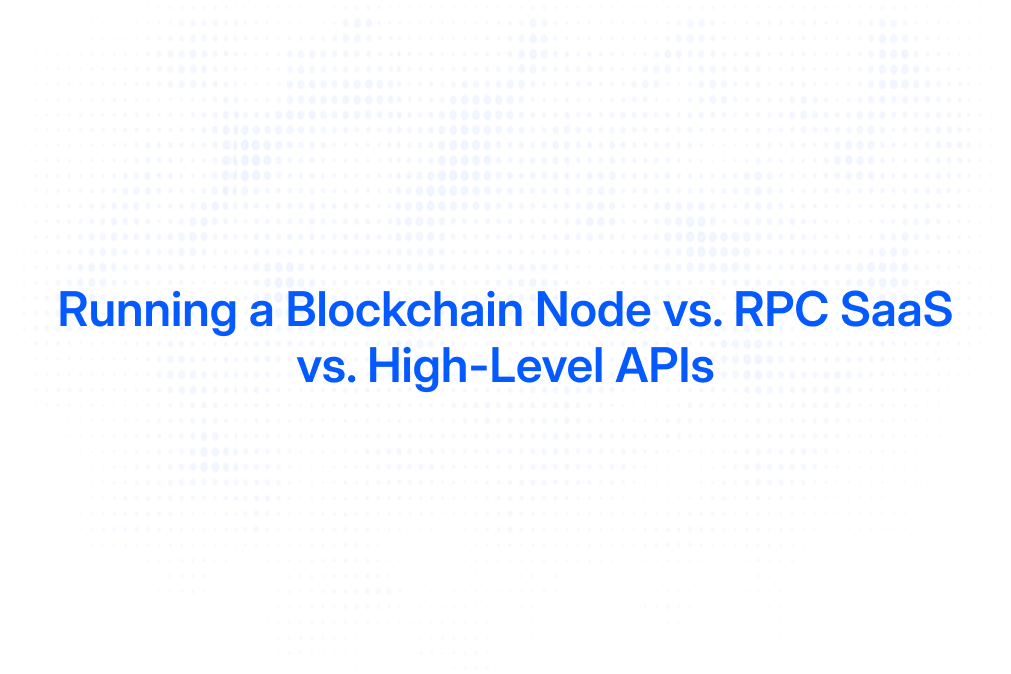Unlocking Insights through Blockchain Analytics
Jason Li

"Blockchain analytics is a broad term that encompasses numerous processes and tools used to examine and decipher the vast and intricate patterns of data generated by blockchain technology. As cryptocurrencies like Bitcoin, Ethereum, and others, become a significant part of our fiscal landscape, the need to understand the underlying blockchain networks that power these digital currencies has become essential. Almost all decisions related to blockchain technology now hinge on insights gathered from blockchain analytics.
At its core, blockchain technology is simply a decentralized and distributed digital ledger. It records transactions across many computers, ensuring that recorded data is unalterable without the alteration of all subsequent blocks. As these records, or blocks, are both public and encrypted, large quantities of complex data are generated every time a new transaction occurs.
Blockchain analytics is the key to unlocking, understanding, and applying this information. In practical terms, this is done by utilizing robust analytical tools to decrypt this anonymous data and glean insights about users' behavior. By monitoring transactions and addresses on a blockchain, an analyst can reveal patterns, identify anomalies, spot potential security risks, and even track the flow of illicit funds.
The growing interaction between traditional financial systems and digital currencies has been a significant catalyst for blockchain analytics. Governments and financial institutions worldwide are concerned about the use of cryptocurrencies for illegal activities. Given this, blockchain analytics has become invaluable for regulatory compliance, law enforcement, and security purposes. It enhances the transparency of transactions, establishing a resourceful solution for identifying suspicious activities, tracking stolen funds, and preventing fraud.
Moreover, blockchain analytics has also considerable potential for commercial investment. Knowing how cryptocurrencies flow and what drives their usage can be a gold mine of opportunity for financial firms and individual investors alike. Cryptocurrency exchanges, for instance, use blockchain analytics to understand their users better and detect any possible market manipulations.
However, blockchain analytics is not without its challenges. Many blockchain networks are purposely designed to preserve the anonymity of their users. While only public keys are visible in transactions, linking these keys with real-world identities can be difficult and sometimes impossible. Also, with the increasing interference of privacy coins and off-chain transactions, collecting and studying transaction data can be increasingly complex.
Despite these challenges, the potential of blockchain analytics is colossal. The need for transparency in transactions, whether to block illicit activity or understand customer behavior, is essential in today's world of digital transactions. With machine learning and artificial intelligence techniques continually evolving, the future of blockchain analytics is promising, resulting in faster and more accurate decryption of blockchain data.
In conclusion, blockchain analytics is revolutionizing our understanding of digital currencies and the blockchain networks that underpin them. It bridges the gap between the advanced blockchain world and practical, actionable insights for commercial, financial, and governance purposes. More than just a breakthrough in technology, blockchain analytics has become the passport to navigating the dynamically shifting terrain of digital currencies in our interconnected global economy. However, we must address its inherent challenges to utilize its full potential effectively. As the arena of digital currencies continues to expand, blockchain analytics is bound to become even more vital in the years to come."
.svg)


.png)



